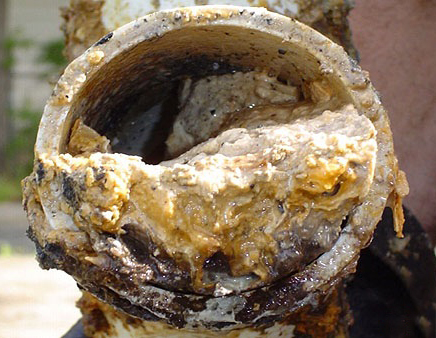Fats, Oils, & Grease

Fats, Oils, and Grease (FOG) are common byproduct produced when cooking food. Many people dispose of the unwanted FOG down their drain, but this is a problem because when poured down the drain, FOG solidifies and causes clogged pipes and sewer overflows. This is both costly to fix, and harmful to the environment. Help reduce clogs and sewer overflows by learning the proper way to handle FOG!
Typical FOG mistakenly poured
down drains:
- Baked goods
- Butter
- Cooking oil
- Dairy products
- Food Scraps
- Frying Oil
- Lard
- Margarine
- Meat fats
- Sauces/dressings
- Shortening
